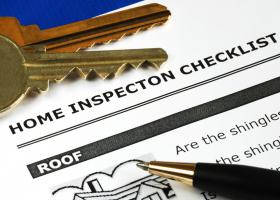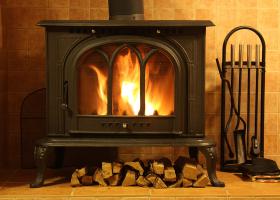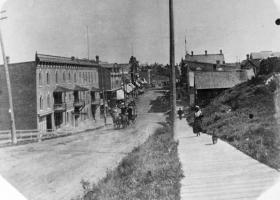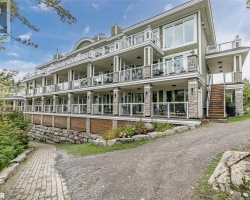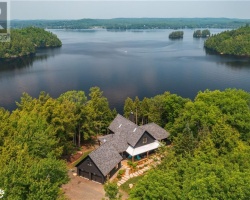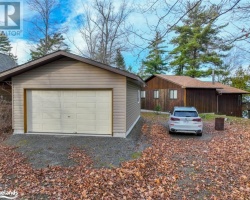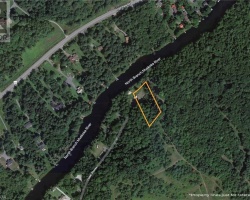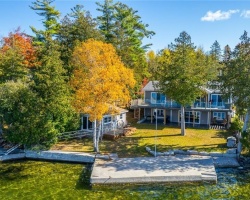Myths of Home/Cottage Inspectors in Muskoka
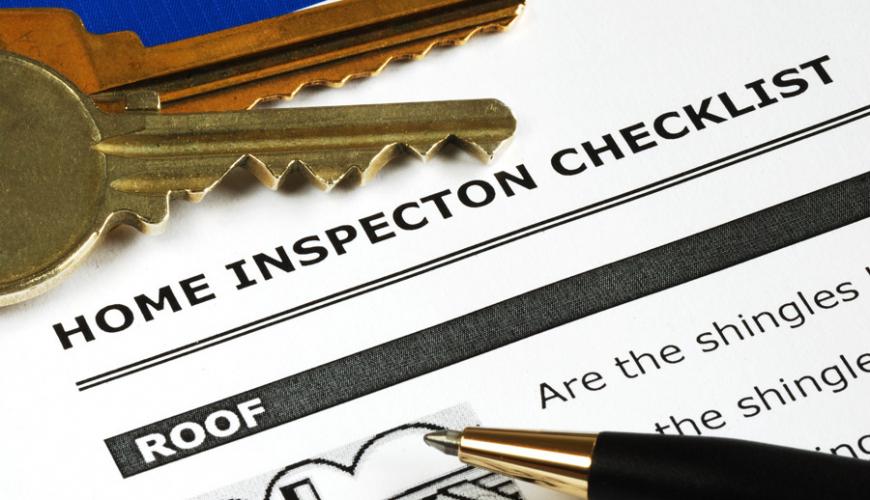
It is important that when thinking of employing a Home Inspector for your cottage that you are considering purchasing that you understand what a home inspection is, how to search for one and how to select the right one.
Muskoka Home Inspectors are regulated by the government.
This is not true. In Muskoka, there is no provincial licensing program for Home Inspectors. While the provincial government is moving towards regulation of the home inspection profession, it has not yet completed the policy review or enacted any Bills in Parliament.
Home Inspectors work for the real estate agent.
Muskoka Home Inspectors should always work for the client. The Home Inspector is there to assist the client, whether buying or selling, to understand the accurate condition of the cottage.
Oftentimes when a client selects a Home Inspector it is through the recommendation of the real estate agent. Most real estate agents are professional and would never jeopardize their reputation to try and persuade the home inspector to alter or leave out any pertinent information on a home inspection.
A good realtor knows that you buying a cottage is not the end of the relationship, we would like, and depend upon referrals from our clients and also when you decide to sell the cottage for a larger one, we would still like to be your realtor of choice, and would never jeopardize this to try and influence the inspector for one sale.
Home Inspectors should only be used for buying a cottage
Some cottage sellers like to be prepared and request a pre-sale inspection. Frequently, inspectors find more in a pre-sale inspection than they would in a buyer’s inspection because they can get the cottage owner to expose areas that might be hidden. They can also query them, and ask for proof of previous repairs and maintenance.
This also allows the cottage owner to make repairs before the cottage is put on the market, and the advantage of this, is that it stops 11th hour negotiations that are a main cause of a cottage sale failing.
Home Inspectors are responsible for everything that is missed
Unless, the cottage owner outright tells the Home Inspector about damage to the property, a cottage inspection is a visual inspection of the property. A visual inspection is dependent obviously on what can be seen, at the time of the inspection. They are normally non-invasive inspections, meaning that the inspector may not remove or damage any walling etc. It cannot absolutely diagnose the cause or any conditions, although many experienced Home Inspectors can hazard educated estimates at this.
The Home Inspector cannot be held responsible for these items as it is beyond their control.
If you feel a Home Inspector has missed something, talk to them first. A professional Home Inspector will explain what was identified, and how and why something may have been missed, if indeed it was.
All Home Inspectors are the same, so a cheap inspector is as good as an expensive one
It is true that all inspectors are limited by the visual nature of an inspection, and therefore bound by the same constraints. This does not, however, make them all the same any more than it makes all real estate agents the same.
Your first question should not be “How much do you charge for a home inspection?” Your focus should be on the importance getting a Home Inspector who is trained, experienced, professional and trustworthy.
Only older cottages need an inspection
Brand new cottages also have problems. This is why the Tarion Warranty was created. Cottages that are just three of four years old may have been neglected by their owners. Cottages that are 10-15 years old have components that are nearing the end of their life.
A professional Home Inspector is taught to look beyond the esthetics of the cottage, they recognize modern codes that may not apply to older homes.
A general contractor is as good as a Home Inspector
A Home Inspector is required to understand the home from both a construction and a rudimentary specialist level. Home Inspectors must understand the mechanics of a home, how it breathes, what might damage it, or cause it to deteriorate quicker than it should.
A Home Inspector needs to understand the fundamentals of HVAC systems, wood burning heating, electrical systems, plumbing and waste and sometimes septic systems. A general contractor generally knows only a small portion of this, and relies on specialized professionals to perform the work he or she can’t.
This is why a general contractor is not always the right person to use for a cottage inspection.
Home Inspectors often recommend further inspections by other professionals, so why not use them from the start?
It is true that during an inspection a Home Inspector will defer to the skills of another professional, but relying on these professional alone will not guarantee you a better result. It will definitely cost you more. For example, an electrician will not recommend electrical bonding on a corrugated steel gas line, neither will a gas installer. Each profession sees it as an areas that belongs to the other.
A Home Inspector is independent of these professions and is cross trained to an extent so can see issues that cross the areas of responsibilities.
